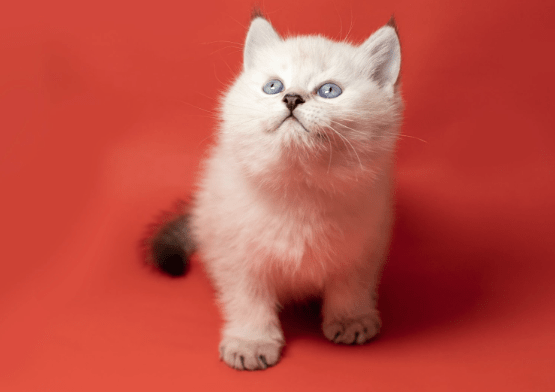Grooming is more than just about keeping your pet looking good. It’s about maintaining their health and happiness. A well-groomed pet is a happy pet, and regular grooming sessions also allow you to check your pet for signs of health problems such as ticks, fleas, dry patches, infections, or issues with their nails, teeth, ears, and eyes. In this comprehensive guide, we will explore various aspects of grooming and how it contributes to the well-being of your beloved furry friend.
Understanding Your Pet’s Coat and Skin
Each breed has its own unique set of characteristics that require different care routines. It’s not just about keeping them looking good but ensuring their skin and coat remain healthy.
Types of Coats
Short-haired Coats: (breeds like British Shorthair or Sphynx)
- These coats require less grooming compared to longer coats.
- They shed hair constantly but in lesser quantities.
- Regular brushing can help remove loose hair and stimulate the skin.
Long-haired Coats: (Ragdolls or Maine Coons)
- Long-haired breeds are prone to tangles and mats, which can cause skin irritation.
- They require daily brushing to prevent matting and to keep their coat in good condition.
Curly Coats: (Laperm Cats or Devon Rex)
- Curly coats can easily become matted.
- Regular grooming, including brushing and sometimes trimming, is necessary to keep a curly coat healthy.
Wiry Coats: (Wirehair)
- These coats are rough and can have a mixture of soft and coarse hair.
- Regular brushing and occasional stripping, a grooming technique to remove dead hair, is essential.
Skin Types and Conditions
Sensitive Skin:
- Pets with sensitive skin may react to harsh grooming products or external irritants.
- It’s important to use gentle, hypoallergenic grooming products to avoid skin issues.
Dry or Oily Skin:
Both conditions require specific care routines.
- For dry skin, moisturising shampoos and conditioners are beneficial.
- For oily skin, a balanced, vet-approved shampoo can help manage oil production.
Skin Allergies:
- Pets can have allergic reactions to food, grooming products, or environmental factors.
- If your pet has skin allergies, consult with your veterinarian to determine the best grooming routine.
Regular Brushing
Regular brushing is essential for all pets, irrespective of their coat type. It helps to remove dirt, dander, and loose hairs, and untangles mats and knots. Brushing also stimulates the natural oils in your pet’s skin, which keep their coat shiny and healthy. Ideally, pets should be brushed at least once a week, but long-haired breeds may require more frequent brushing to prevent matting.
Bathing
Bathing plays a significant role in maintaining a clean and healthy coat and skin for your pet. It helps to remove dirt, grease, and odours, making your pet feel comfortable and fresh. However, bathing too frequently can strip the natural oils from your pet’s skin, leading to dryness and irritation. It’s advisable to bathe your pet once a month or as needed, using a gentle, pet-friendly shampoo.
Ear Cleaning
Ears are a common place for infections and parasites. Regular ear cleaning can help prevent these issues. Use a vet-approved ear cleaner and gently clean your pet’s ears, being careful not to go too deep into the ear canal, which can cause injury.
Nail Trimming
Long nails can cause discomfort and even pain for your pet. Regular nail trimming helps keep their nails at a comfortable length. Use a proper nail clipper designed for pets and be cautious not to cut into the quick, the sensitive part of the nail where blood vessels are located.
Dental Care
Maintaining your pet’s dental health is also a part of grooming. Regular teeth brushing helps prevent plaque buildup, gum disease, and bad breath. Use a toothbrush and toothpaste designed for pets, and consult your vet about a proper dental care routine.
Professional Grooming
Professional groomers have the expertise and equipment to groom your pet safely and efficiently. They can also provide valuable insights into maintaining your pet’s coat and skin health. Consider scheduling regular appointments with a professional groomer, especially for breeds with high-maintenance coats.
Nutrition
A balanced diet plays a crucial role in maintaining a healthy coat and skin. Ensure your pet receives the necessary nutrients, vitamins, and minerals for a shiny coat and healthy skin. Consult your veterinarian for advice on the best diet for your pet.
Conclusion
Regular grooming is a vital aspect of pet care that contributes significantly to their overall well-being. By understanding your pet’s grooming needs and establishing a regular grooming routine, you can keep your pet looking and feeling their best. Remember, a well-groomed pet is a happy and healthy pet.

